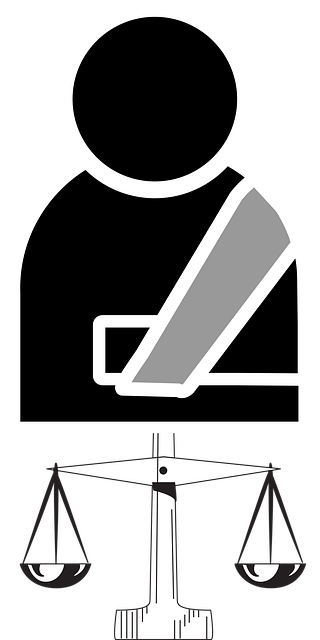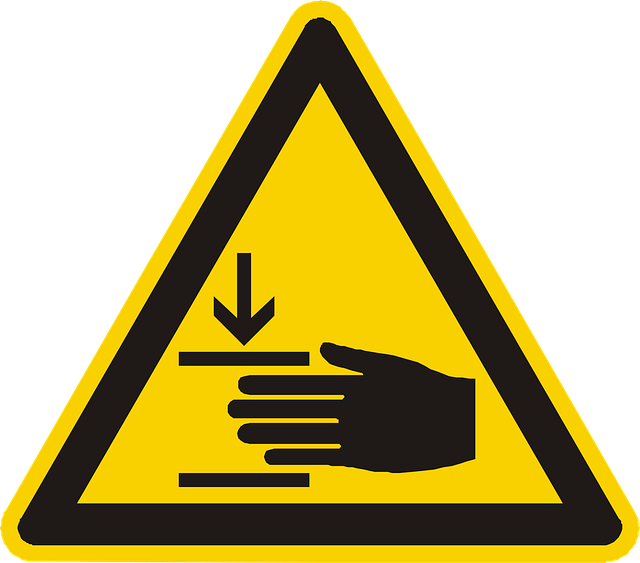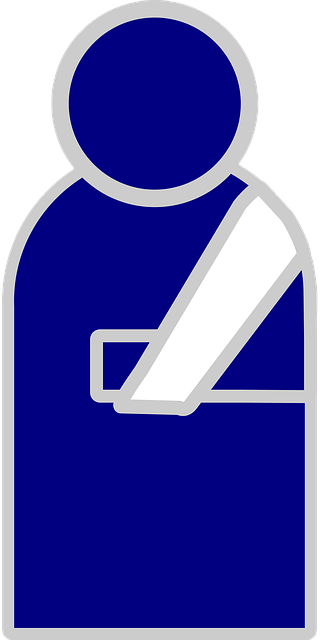Personal injury law encompasses a range of legal cases dealing with compensating individuals for injuries caused by another party's negligence or intentional actions, including motor vehicle accidents, slip-and-fall incidents, medical malpractice, and product liability. Understanding this field is crucial for victims seeking justice, as it involves navigating statutes of limitations, procedural rules, and evidence gathering. Key principles include establishing liability through duty of care, breach, causation, and damages, followed by compensating the victim fairly based on medical records and expert opinions. Prompt action, including immediate medical attention, evidence collection, and consultation with a qualified attorney specializing in personal injury law, is essential for successful claims.
“Uncover the intricacies of personal injury law and your rights as an individual affected by another’s negligence. This comprehensive guide delves into the fundamental aspects of this legal domain, offering a clear understanding of common types of cases, liability principles, and compensation mechanisms.
From recognizing your claim process rights to navigating timelines and accessing resources, we provide essential insights for those seeking justice. Explore the key elements shaping personal injury law, empowering you with knowledge in this critical area.”
- Understanding Personal Injury Law: A Comprehensive Overview
- Common Types of Personal Injury Cases and Their Legal Implications
- The Role of Liability and Compensation in Personal Injury Claims
- Navigating the Personal Injury Claim Process: Rights, Timelines, and Resources
Understanding Personal Injury Law: A Comprehensive Overview

Personal injury law is a complex legal field that focuses on compensating individuals for injuries sustained due to someone else’s negligence or intentional actions. It encompasses a wide range of incidents, from car accidents and slip-and-fall cases to medical malpractice and product liability claims. Understanding this area of law is essential for anyone who has experienced personal harm caused by another party’s actions.
This legal framework aims to provide justice and financial relief to victims by holding responsible parties accountable. It involves navigating various laws, statutes of limitations, and procedural rules that differ across jurisdictions. The process often includes filing a claim, gathering evidence, negotiating with insurance companies or defendants, and, if necessary, litigating in court. Knowledge of personal injury law empowers individuals to protect their rights, make informed decisions, and seek fair compensation for their suffering.
Common Types of Personal Injury Cases and Their Legal Implications

In the realm of personal injury law, several common types of cases emerge, each with distinct legal implications. Motor vehicle accidents top the list, involving collisions between cars, trucks, or other vehicles, leading to a range of injuries and liability issues. Slip and fall incidents are another prevalent type, where individuals sustain injuries due to unsafe conditions, often resulting in premises liability claims. Additionally, medical malpractice cases arise when patients suffer harm due to negligence in medical treatment, requiring expert testimony and complex legal strategies.
Product liability claims focus on defective products that cause harm to consumers, while workplace accidents involve injuries sustained on the job, leading to discussions about worker’s compensation and employer liability. Each of these cases navigates through intricate legal frameworks, focusing on negligence, causation, and damages, ultimately seeking justice and fair compensation for victims under personal injury law.
The Role of Liability and Compensation in Personal Injury Claims

In personal injury law, liability and compensation are core pillars that drive claims and resolutions. Liability refers to the legal responsibility of an individual or entity for causing harm or damage to another person. When a plaintiff can establish that the defendant’s negligence or intentional act led to their injuries, they can pursue compensation through a personal injury claim. Compensation aims to restore the plaintiff to their pre-injury state as much as possible. This includes financial reimbursement for medical expenses, lost wages, and pain and suffering.
The determination of liability in personal injury cases often involves complex legal principles and factual analyses. Courts consider elements such as duty of care, breach of that duty, causation, and damages. Once liability is established, the focus shifts to compensating the victim fairly. This process involves careful assessment of medical records, expert opinions, and other relevant evidence to arrive at a just award that accounts for both immediate and long-term implications of the injury.
Navigating the Personal Injury Claim Process: Rights, Timelines, and Resources

Navigating a personal injury claim can be a complex process, but understanding your rights and the timeline involved is crucial to ensuring a smooth journey. The first step after an accident is to seek medical attention to document any injuries. This documentation is vital for building your case and proving the extent of your damages when filing a claim. Additionally, gathering evidence such as police reports, witness statements, and photographs of the scene can significantly strengthen your personal injury law claim.
Timing is essential in this process. Most jurisdictions have strict deadlines, often referred to as statutes of limitations, for filing personal injury claims. These timelines vary depending on the type of injury and local laws, so it’s crucial to act promptly. Once you’ve gathered all necessary information and evidence, contacting a qualified attorney specializing in personal injury law is recommended. They can guide you through the legal process, explain your rights, and help you understand what resources are available to support your claim.
Personal injury law serves as a vital framework for ensuring victims receive fair compensation and justice. By understanding the intricacies of this legal domain, from recognizing common case types and liability principles to navigating the claim process, individuals can better protect their rights. This comprehensive overview equips readers with knowledge to make informed decisions and confidently pursue their personal injury claims.
